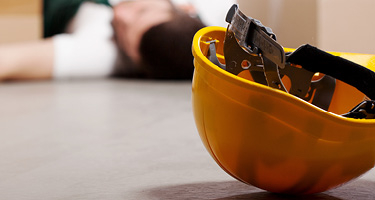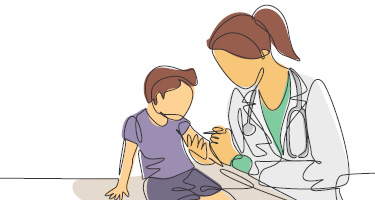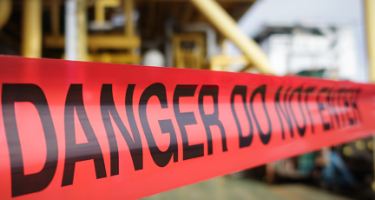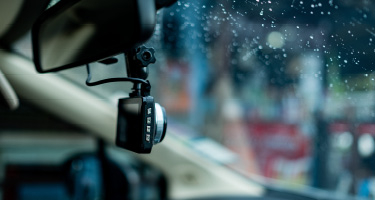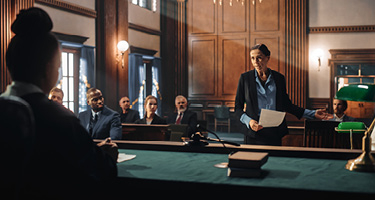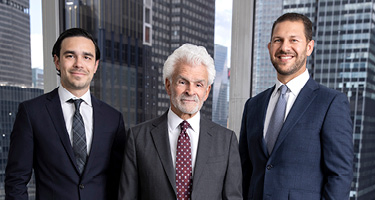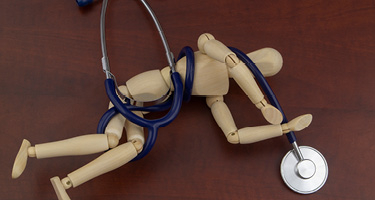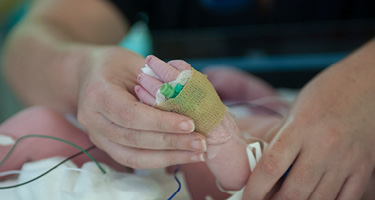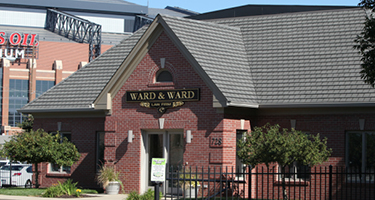In today's world, we travel all the time. We shop at grocery and department stores, take walks on the sidewalks in our neighborhoods and attend large events, such as concerts or weddings, at various venues. But what happens when a condition on someone else's property injures you or a loved one?
A premises liability claim arises when someone is injured on another person's property. These claims are personal injury claims. Like many personal injury claims, a premises liability claim is rooted in negligence principles: whether the property owner, occupier, or manager had a legal duty to the injured party and whether the property owner, occupier, or manager breached that duty.
A premises liability claim can arise in many different settings. Each setting may result in a different analysis, depending on the location, the parties, and the law. We outline some common premises liability claims below:
"Slip-and-Fall" or "Trip-and-Fall" Claims
This is the "typical" premises liability claim that comes to mind: injuries in restaurants, grocery stores, warehouses, or shopping centers. If you or a loved one is injured because of a dangerous condition on someone else's property, the property owner may be liable for the injuries. Whether the injuries were caused by liquids puddled on a grocery store's floor or piles of debris in a commercial warehouse, you may have a claim against the property owner. Commercial property owners and managers have legal obligations to make reasonable efforts to keep their premises safe.
However, these claims can be complicated. For example, if a store leases property and someone else owns the property, you may have a valid claim against the store, the property owner, or both. To prevail on a premises liability claim, you must show that the property owner was negligent in caring for and maintaining the property.
For example, suppose a store's employees know or should know that a dangerous condition exists. In that case, if they fail to fix the condition and warn visitors about it, the store may be liable for the injuries that the condition causes. Therefore, you must thoroughly investigate the facts leading up to the incident. Some essential facts include how long the dangerous condition was present, whether employees were aware of the condition, and whether the landowner has engaged in a similar pattern of behavior. Additionally, it is important to research and investigate any applicable safety laws, including, for example, regulations on building codes, stairwells, and sidewalks.
Landowners may raise affirmative defenses in a premises liability case. North Carolina is a contributory negligence state. Therefore, if an injured party is even slightly at fault for his or her injuries, contributory negligence may bar the premises liability claim. Another common defense to a premises liability claim is an "open and obvious danger." If the condition on the property that harmed the visitor was open and obvious to the visitor, they may be barred from recovery.
Dog Bite Claims
If a dog attacks and bites you or a loved one, the experience can be highly traumatizing. However, whether a dog's owner is liable for the attack depends on whether the owner was on notice that the dog was a "potentially dangerous" dog. To show that the dog was "potentially dangerous," you likely need evidence showing that the dog had engaged in prior instances of biting or vicious behavior. The dog's breed may also play a role in the analysis. Further, there may be more than one person liable for your injuries.
For example, if the dog's owner is renting a property and living there with the dog, the owner may be liable for the dog's attack if you can show that the owner knew of the dog's prior violent actions. If a person with control over a dog, even if they are not the dog's owner, knows of the dog's prior violent acts, that person may also be liable.
Depending on where the attack occurred, the town or city may have strict ordinances requiring leashes or total control over pets, and violations of these laws may constitute negligence per se. Therefore, it is crucial to investigate the breed of the dog, the owner of the dog, the person in control of the dog, and the property on which the attack occurred.
Dram Shop Claims
Under North Carolina law, establishments cannot serve alcohol to a customer if they know or reasonably should know the customer is intoxicated. Therefore, if an inebriated person injures you or a loved one, the person or entity who served alcohol to the intoxicated individual may be liable for the injuries. For example, if an intoxicated patron is overserved at a bar and assaults you at the bar or injures you in a car wreck, the bar may be liable.
These cases are highly complex. To prevail on a dram shop claim, you must show that the establishment or its employee knowingly served the intoxicated person. Gathering evidence is crucial, including any surveillance video footage, receipts, witness statements, and police reports. Further, there might be multiple parties liable for the intoxication. For example, an intoxicated person may have been served to the point of intoxication at one bar, left, and continued to be served at another restaurant (making both establishments potentially liable). Like any personal injury case, it is vital to investigate all potential sources of liability.
Inadequate Security Claims
In some cases, a landowner may be liable for intentional or criminal acts of third parties. Under North Carolina law, property owners have a fundamental legal responsibility to keep customers and visitors reasonably safe. If property owners fail to provide adequate security to their guests or fail to take the necessary precautions to protect visitors on their property, they may be liable for resulting injuries. Depending on the type of property, a landowner's duties may vary. It is important to investigate the type of venue (a large nightclub that provides alcohol versus a local gift shop), any notice of prior criminal activity and any steps a landowner took to safeguard visitors.
Conclusion
When a landowner fails to exercise reasonable care and another party is injured as a result, a claim for premises liability may arise. If you or a loved one is injured under these circumstances, it is important to involve an experienced, committed attorney to protect your rights, help navigate all potential insurance and liability issues, and guide you through the legal process.
Taylor Rodney Marks's practice focuses on a broad range of litigation matters, with an emphasis on personal injury and wrongful death claims in cases involving car accidents, medical malpractice, premises liability, and product liability, among other areas. trmarks@wardandsmith.com
Jeremy Wilson chairs Ward and Smith's Personal Injury Practice. He has extensive experience litigating claims for wrongful death and serious personal injury, including cases involving vehicle accidents, professional malpractice, premises liability, products liability and class actions, among other areas. jw@wardandsmith.com


